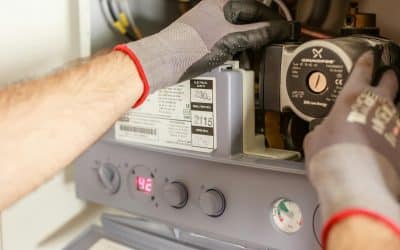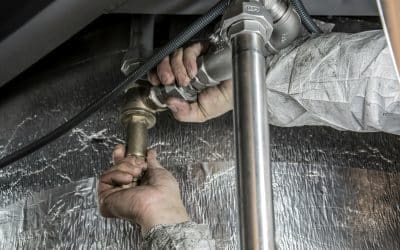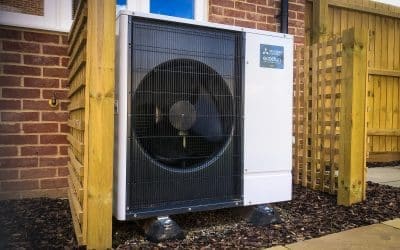Under the Domestic RHI scheme, you’re liable to receive subsidies from the government for using renewable heating solutions. The RHI scheme was launched in 2014 and since then it has successfully gained momentum. The ulterior motive of the RHI scheme is to reduce the UK’s carbon footprint, meet renewables targets and save money on energy and fuel bills. The subsidies are aimed to offset the costs of installation of renewable heating technologies.
The RHI scheme is open to owners of residential property, registered social landlords and self-builders. Payments are made on the basis of heat generated from a biomass boiler that supplies sufficient heating for hot water and comfortable temperatures at home. This makes the RHI scheme quite popular as a homeowner, you’ll be paid to produce clean energy.
But for this to happen, you first need to get approved under the scheme. One of the key requirements for RHI eligibility is having an Energy Performance Certificate or EPC.
In this piece, we’ll discuss the EPC and how you can get EPC for RHI approval.
What is an Energy Performance Certificate (EPC)?
EPCs or energy performance certificates, in the UK are an integral aspect of purchasing, selling and subletting homes. You receive an EPC rating which represents the extent of energy efficiency of your home. EPCs are majorly used by potential buyers or tenants to get an understanding of how much the fuel bills will cost in their new place of residence.
In case of RHI, it is used by Ofgem to gauge how energy-efficient your property is as its likely to impact the payments you are to receive if you’re approved. EPC ratings are allotted to properties on a colour-coded scale ranging from A to G where A stands for utmost efficiency with the most economical fuel bills.
How Can I Get an EPC?
In order to get a new EPC, a Domestic Energy Assessor will have to come visit and assess the overall energy consumption of your property. If you’ve purchased a new property, you’ll receive an EPC as a part of the paperwork related to the house and that’ll be enough to apply for RHI approval.
For your existing property, it’s essential that you call in a Domestic Energy Assessor who has the necessary qualifications and Ofgem’s accreditation to carry out a domestic energy review.
Once the assessment is done it is placed in the EPC register from where you can retrieve it easily if you have the report reference number (RRN) or an address. The validity of an EPC lasts for a decade.
You can visit the Landmark Website to find a registered domestic assessor in your vicinity.
What Does the Energy Assessor Do?
In order to produce accurate EPC reports, the energy assessor will need to access all the rooms in your home including the loft. They’ll also examine the heating systems and controls installed, click photographs and take various measurements of all aspects important to the survey.
The assessment is more like a visual inspection of a non-invasive nature. Depending on how big your property is, the time for each inspection may vary.
Calculating Your Payments
For biomass boilers, the tariff levels set are between 7.14p/kWh to 45kW. So under the RHI scheme, a 20kW and a 40kW biomass boiler will represent an approximate payment of £1,428 and £2,856 in a year.
Payments under the scheme are made on a quarterly basis for a period of 7 years. The extent of payment is determined by the estimated heat load (hot water and heating requirements) of your property. This will be based on energy calculations and various other assumptions.
The calculations made are based on a home that has the central heating system working for 30% of the time in a year which approximately comes up to 1,314 hours. For any given property, this estimated figure is then used in the Energy Performance Certificate.
Know this – obtaining an EPC is the first step in your application for approval under Domestic RHI. So make sure you go about this the right way.
Heat Load Calculations
When the Domestic Energy Assessor visits your home, energy calculations will be made on your home’s total heat load. This is calculated by adding both hot water and space heating requirements while subtracting the effect of any cavity, loft or solid wall insulation.
The whole point of an EPC is to give you and the RHI officials an understanding of the costs involved to heat and light your property. It also sheds light on how much CO2 your property emits.
This way, when you install air and ground source heat pumps for your home, you can estimate the amount of clean energy you’ll be producing for every unit of electricity used. This will also help you estimate your earnings under the RHI scheme.
At JL Phillips, we’ll assist you in making your application under the RHI scheme easy. So get in touch with us today and don’t forget to get your free quick quote!





